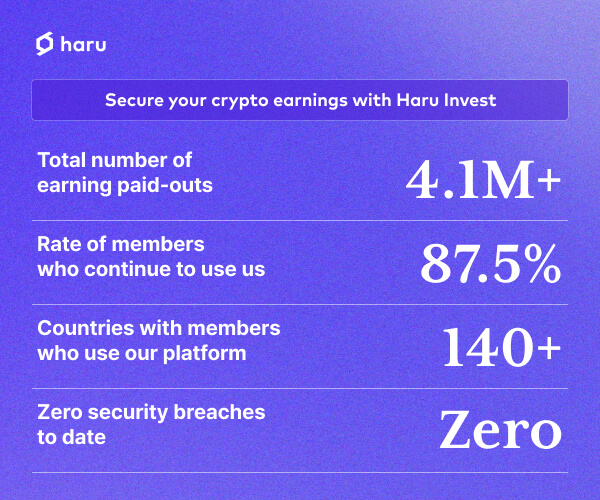
Reserve Bank of India (RBI) governor Shaktikanta Das called for a ban on crypto during a recent conference, according to a Jan. 13. report from India Today.
Das said that the central bank’s stance on cryptocurrency “is very clear – it should be banned.” He went on to state that cryptocurrency “does not have any underlying value” and that its value is based on “make-believe” and speculation.
“To put it bluntly, it is gambling,” Das concluded, adding that gambling is banned in India. His comments echo a similar comparison made by politician Bihar Sushil Kumar Modi last April. Though certain states in India allow for betting and lotteries, the practice is largely prohibited and there is widespread illegal gambling in the country.
Das also expressed concerns that permitting cryptocurrency could undermine the authority of the RBI, which acts as India’s central bank and monetary authority. Crypto could cause India to lose its control of the money supply, he warned.
He argued that acceptance of crypto could lead to dollarisation, meaning that foreign U.S. currency could be increasingly used over the Indian rupee.
He stated that the RBI previously warned of a crypto collapse, then indirectly alluded to the recent collapse of FTX and the subsequent crypto market crash. “If you see the developments, I think I don’t need to add anything more,” he said.
Das and the RBI have indeed issued similar warnings since at least late 2021. Das personally called for a crypto ban in December of last year.
Despite various reports that India is pursuing a near-total ban on cryptocurrency, the country has not yet explicitly prohibited crypto use. Furthermore, Das seems to support certain uses of blockchain, and India is pursuing a regulated CBDC.
The country did, however, impose a very high 30% tax on capital gains earned through crypto trading (alongside a 1% tax on transactions) in 2022.
Credit: Source link
































